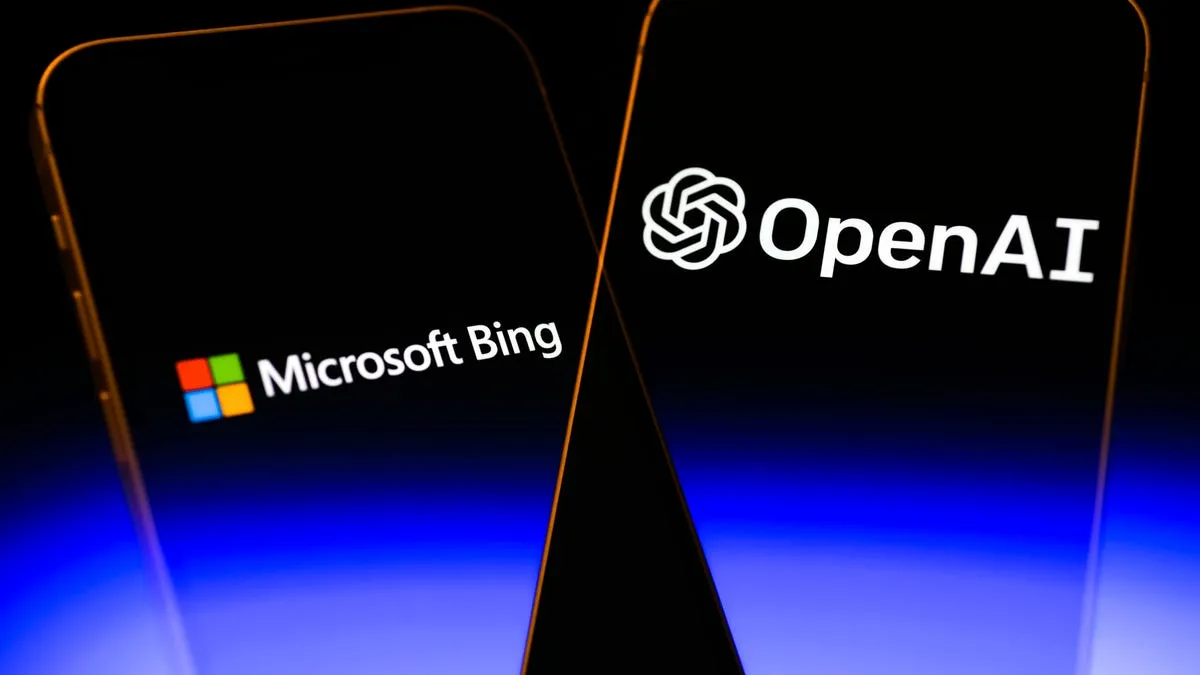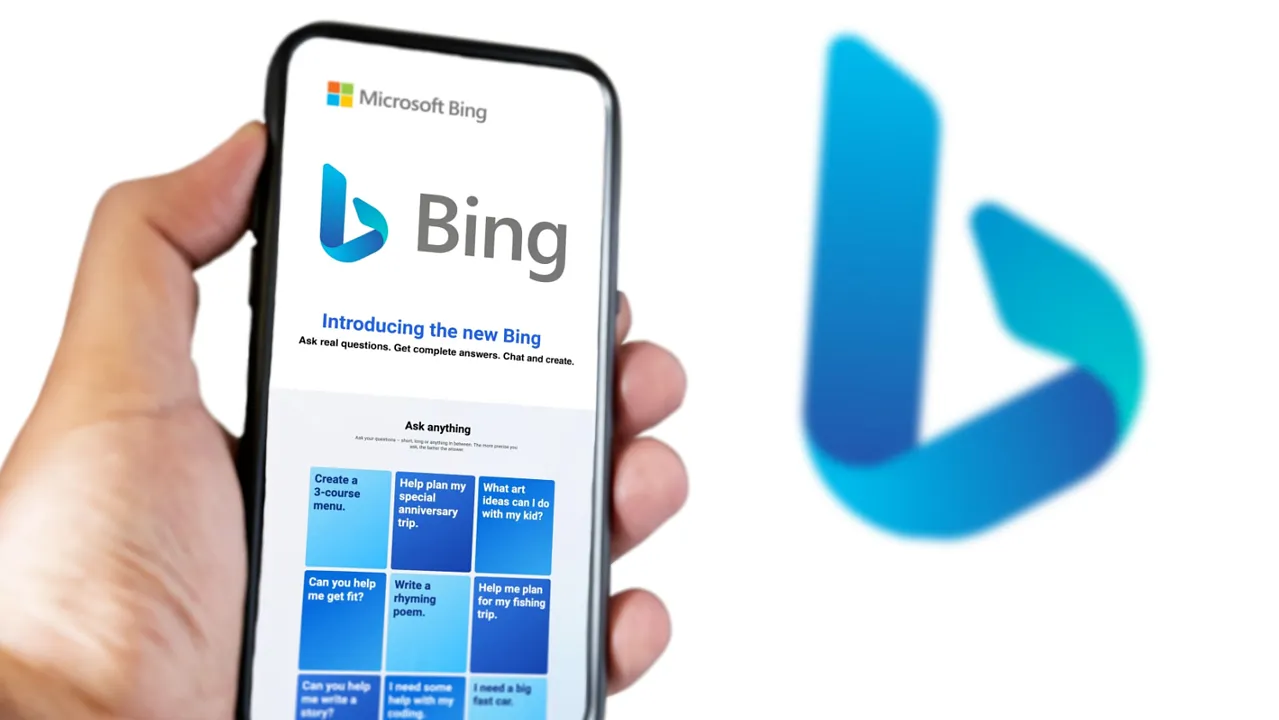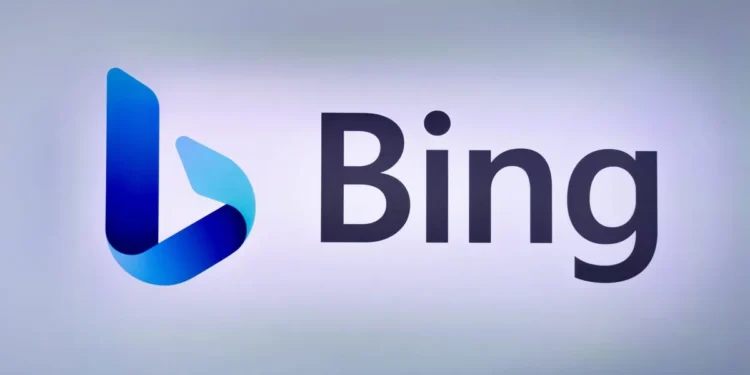In a bold move marked by controversy, Microsoft has again made headlines with its tactics to promote its Bing search engine at the expense of Google, the reigning champ of search. The tech giant has ingeniously configured Bing to mimic the Google interface when users unwittingly search for “Google” using Bing, a tactic that blurs the lines between imitation and deception.

Deceptive Design or Clever Competition?
The issue came to light when it was observed that using Bing to search for Google could lead users to believe they were actually on Google’s page. This special interface includes a search bar and an image resembling a Google Doodle, complete with text placement similar to that on the actual Google homepage. Additionally, Bing auto-scrolls to hide its own search bar, enhancing the illusion. This strategy represents Microsoft’s latest endeavor to keep users within its ecosystem, particularly when setting up a new PC and defaulting to Bing via Microsoft Edge.
Industry Reaction and Consumer Confusion
The reaction from industry leaders was swift and critical. Parisa Tabriz, Google’s Chrome boss, condemned the tactic on social media, accusing Microsoft of using deception to confuse users and restrict their choices. Her statement reflects a growing concern among tech industry veterans about the ethical implications of such competitive strategies. Microsoft’s history of aggressive tactics to promote Bing and Edge, including altering Chrome download pages and incorporating pop-ups and polls, suggests a pattern of behavior aimed at diverting users from Google’s offerings.

Analyzing the Impact on Consumer Choice
This incident raises important questions about the balance between competitive innovation and consumer manipulation. While Microsoft may view this strategy as a clever marketing ploy, it risks alienating users who prefer transparency and straightforwardness in their software interactions. Furthermore, such tactics could potentially harm Microsoft’s reputation if perceived as underhanded rather than ingenious.
Looking Ahead: The Future of Browser Competition
As the browser wars continue to evolve, both Microsoft and Google are likely to further refine their strategies to win over users. Microsoft’s recent move shows a commitment to leveraging creative — albeit controversial — tactics to challenge Google’s dominance. However, the effectiveness of such strategies in winning long-term user loyalty remains to be seen, particularly if they lead to user distrust.

In the ever-competitive world of tech, companies like Microsoft are constantly exploring new ways to assert dominance and capture user interest. Whether these tactics will pay off or backfire, however, depends on how they are received by consumers who are increasingly aware of and sensitive to manipulative practices. As for the tech enthusiasts and everyday users, staying informed and vigilant is the best defense against getting caught in the crossfire of the browser wars.










